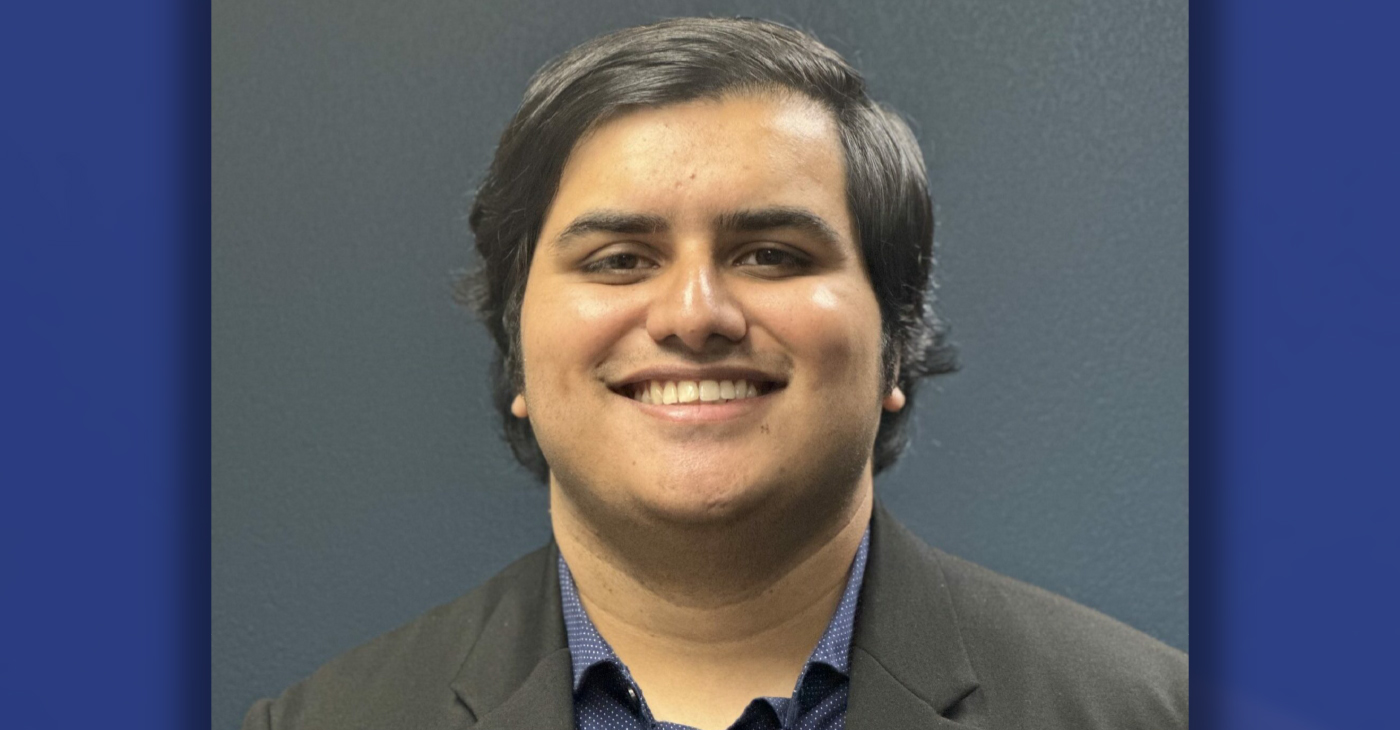Economics
Help Plan Marin’s Future Funding Priorities

Spending for multi-year federal grant and state funding initiatives will be influenced by resident feedback
State and federal funding is available to help counties address community issues such as behavioral health services and critical housing needs. Marin County is asking for help in prioritizing future spending by better understanding the concerns of residents.
A series of planning meetings will take place in July and August where residents will discuss a range of community issues such as mental health services and prevention efforts, substance use treatment and prevention, affordable housing needs, community facilities and park improvements, and public services.
Feedback gathered from the focus group sessions will be used by Marin Health and Human Services Department (HHS) and Community Development Agency (CDA) to inform three separate grant funding plans: the Mental Health Services Act 3-Year Plan, the Substance Use Services 5-Year Plan, and Housing and Federal Grants Division’s 5-Year Consolidated Plan. The new plans will go into effect on July 1, 2020.
“Our intent is to work alongside residents to develop a shared, community vision for services that are culturally competent and assist those with the greatest need in our community,” said Jillian Zeiger, Planner for Marin’s Community Development Agency. “This is a unique time where all three of these divisions have timelines that overlap, so we can reach a broader audience and address issues in a holistic manner.”
CDA’s Consolidated Plan prioritizes county specific needs for funding from the U.S. Department of Housing and Urban Development’s (HUD) Community Development Block Grant program (CDBG) and HOME Investment Partnerships Program (HOME). These federal grant funds are distributed to eligible projects sponsored by local nonprofit organizations and public agencies and have been used for housing, community facilities, and public services for low- and moderate-income households.
HHS’s Continuum of Substance Use Strategic Plan aims to create a comprehensive approach to preventing, treating and providing ongoing recovery support services for the problems associated with the use of alcohol, tobacco and other drugs in Marin’s Community.
The Mental Health Services Act (MHSA) was approved by voters in 2004 with aim to help transform the public mental health system through community collaboration, client and family member involvement, and a focus on wellness and recovery.
Planning meetings will be held at a variety of locations around Marin:
- August 1, 1-3 p.m. – Marin County Office of Education, San Rafael
- August 5, 4-6 p.m. – Bayside / Martin Luther King Jr. School, Marin City
- August 14, 6-8 p.m. – College of Marin, Kentfield
An additional meeting on August 27, from 4:30 to 6:30pm, will be held at the Marin Health and Wellness Campus in San Rafael to focus specifically on suicide and behavioral health prevention and early intervention. There will be an additional meeting held entirely in Spanish, details will be announced at a later date.
The County hosted a meeting in West Marin on June 18 and will continue to conduct outreach to West Marin residents throughout the planning process.
To ensure broad community engagement, an online survey is also available in English, Spanish and Vietnamese. The online survey will remain open until the fall.
Additional meeting information and notes from previous meetings are available on Marin HHS’s MHSA webpage and the Federal Grants webpage.
Activism
2024 in Review: 7 Questions for Outgoing Stockton Mayor Kevin Lincoln
Lincoln’s decision to run for mayor stemmed from his love of people and his desire to serve his city. He prioritized resolving issues, including homelessness and public safety, among others. Lincoln, a Republican, will transition out of his role as mayor on Dec. 31, after an unsuccessful campaign to represent the 9th Congressional District.

By Edward Henderson
California Black Media
Born in Stockton, Mayor Kevin Lincoln says his Army upbringing inspired him to serve others.
Lincoln joined the United States Marine Corps in 2001 and was later assigned to Marine One, serving during President George W. Bush’s administration.
Following his military service, Lincoln worked for one of the nation’s top private security companies for eight years in Silicon Valley. In 2013, he resigned from his corporate position to give back to his community in Stockton through full-time ministry at a local church.
Lincoln’s decision to run for mayor stemmed from his love of people and his desire to serve his city. He prioritized resolving issues, including homelessness and public safety, among others.
Lincoln, a Republican, will transition out of his role as mayor on Dec. 31, after an unsuccessful campaign to represent the 9th Congressional District.
Recently, California Black Media (CBM) spoke with Lincoln. He reflected on his accomplishments this year and his goals moving forward.
Responses have been edited for length and clarity.
Looking back at 2024, what stands out to you as your most important achievement and why?
What I prioritize for our city council is our youth. They are the future — not only our city, but this region as a whole.
We were able to invest over $6 million in youth programming and workforce development, and partner with 14 different community-based organizations. We were able to employ over 600 young people through the city of Stockton. We launched even our first ever summer jobs program for the city of Stockton.
How did your leadership and investments contribute to improving the lives of Black Californians?
It’s about giving people a seat at the table, and not necessarily waiting for people to come to me, but me going to the community, making myself accessible, meeting our community at the point of their need, where they’re at.
What frustrated you the most over the last year?
It’s politics. Because unfortunately, there’s politics in everything. And I say politics impedes progress. You can have a policy, a solution that may not necessarily be 100% perfect. But it’s a good solution for everybody. But because we allow politics to get in the way based off our personal ideologies, oftentimes we can miss opportunities to make an impact for the benefit of the whole.
What inspired you the most over the last year?
My biggest inspiration has been the community and our ability to work together. What’s unique about Stockton, one in 20 jobs are nonprofit jobs in the city of Stockton and even San Joaquin County.
What is one lesson you learned in 2024 that will inform your decision-making next year?
To stay focused. In politics, there’s a lot of opportunity for distractions. There are a lot of influences from the outside — good, bad and indifferent. It’s important to stay focused, have a clear vision, and be committed to that vision.
In one word, what is the biggest challenge Black Californians face?
Economics. When the economy is not healthy, when we’re not thriving, we’re limited. Opportunities are limited.
What is the goal you want to achieve most in 2025?
I just want to continue to be a servant leader and serve our community in whatever capacity I am in.
Activism
Oakland Post: Week of December 18 – 24, 2024
The printed Weekly Edition of the Oakland Post: Week of December 18 – 24, 2024

To enlarge your view of this issue, use the slider, magnifying glass icon or full page icon in the lower right corner of the browser window. ![]()
Activism
Council of Islamic Relations Applauds Alameda County Decision to Divest $32M from Caterpillar
The divestment from Caterpillar, a company criticized for its human rights abuses globally—including the destruction of Palestinian homes, infrastructure, and agriculture, as well as in the U.S. prison-industrial complex, border militarization, and immigration detention centers—is a significant step in ensuring that Alameda County’s financial resources do not perpetuate harm.

Special to The Post
The San Francisco Bay Area office of the Council on American-Islamic Relations (CAIR-SFBA), the nation’s largest Muslim civil rights and advocacy organization, this week welcomed the Alameda County Board of Supervisors’ decision to divest $32 million in public funds from Caterpillar and unanimously commit to adopting an ethical investment policy.
The Board’s decision follows months of advocacy by Bay Area Divest!, a coalition of community organizations calling for accountability in public investments.
The divestment from Caterpillar, a company criticized for its human rights abuses globally—including the destruction of Palestinian homes, infrastructure, and agriculture, as well as in the U.S. prison-industrial complex, border militarization, and immigration detention centers—is a significant step in ensuring that Alameda County’s financial resources do not perpetuate harm.
In November, CAIR welcomed the reported freeze on the delivery of bulldozers to Israel as an “implicit admission” by the Biden Administration that the far-right Netanyahu government is using that equipment in the ethnic cleansing of Gaza.
CAIR-SFBA Policy Coordinator Musa Tariq said:
“This is a historic moment for Alameda County, demonstrating the power of community advocacy and the County’s leadership in ethical governance. The decision to divest from Caterpillar sends a clear message that public funds should not support corporations complicit in human rights violations.”
In addition to divesting from Caterpillar, the Board voted to move forward with developing a comprehensive Ethical Investment Policy, recommended by District 5 Supervisor Keith Carson.
This policy will include criteria to exclude “investments in industries, corporations, or governments that perpetuate harm to communities and the planet,” such as fossil fuel extraction, weapons production, and entities involved in war crimes, apartheid, and other severe human rights violations.
Alameda County has a proud legacy of socially responsible investment. In 1985, the County divested from South Africa to protest apartheid, and in 1996, it barred investments in companies doing business with Burma due to human rights abuses.
“This forward-thinking policy positions Alameda County as a leader in socially responsible investing,” added Tariq. “By committing to craft the policy within 90 days and implement it within six months, the County has set an ambitious and commendable timeline.”
CAIR-SFBA is an office of CAIR, America’s largest Muslim civil liberties and advocacy organization. Its mission is to enhance the understanding of Islam, protect civil rights, promote justice, and empower American Muslims.
-

 California Black Media4 weeks ago
California Black Media4 weeks agoCalifornia to Offer $43.7 Million in Federal Grants to Combat Hate Crimes
-

 Black History4 weeks ago
Black History4 weeks agoEmeline King: A Trailblazer in the Automotive Industry
-

 California Black Media4 weeks ago
California Black Media4 weeks agoGov. Newsom Goes to Washington to Advocate for California Priorities
-

 Activism4 weeks ago
Activism4 weeks agoOakland Post: Week of November 27 – December 3, 2024
-

 California Black Media4 weeks ago
California Black Media4 weeks agoCalifornia Department of Aging Offers Free Resources for Family Caregivers in November
-

 Activism2 weeks ago
Activism2 weeks agoButler, Lee Celebrate Passage of Bill to Honor Congresswoman Shirley Chisholm with Congressional Gold Medal
-

 Activism2 weeks ago
Activism2 weeks agoPost News Group to Host Second Town Hall on Racism, Hate Crimes
-

 Activism2 weeks ago
Activism2 weeks agoDelta Sigma Theta Alumnae Chapters Host World AIDS Day Event














































